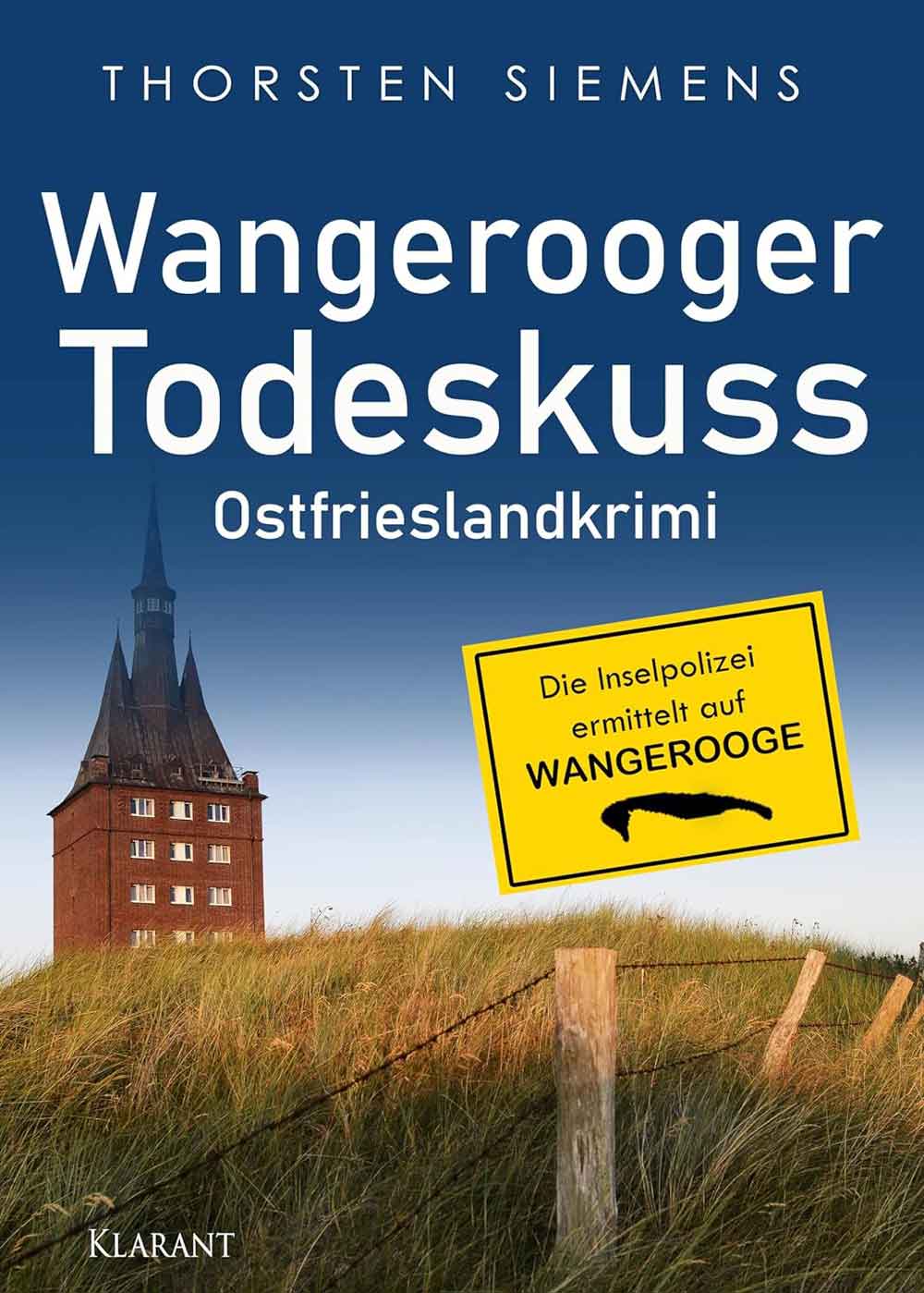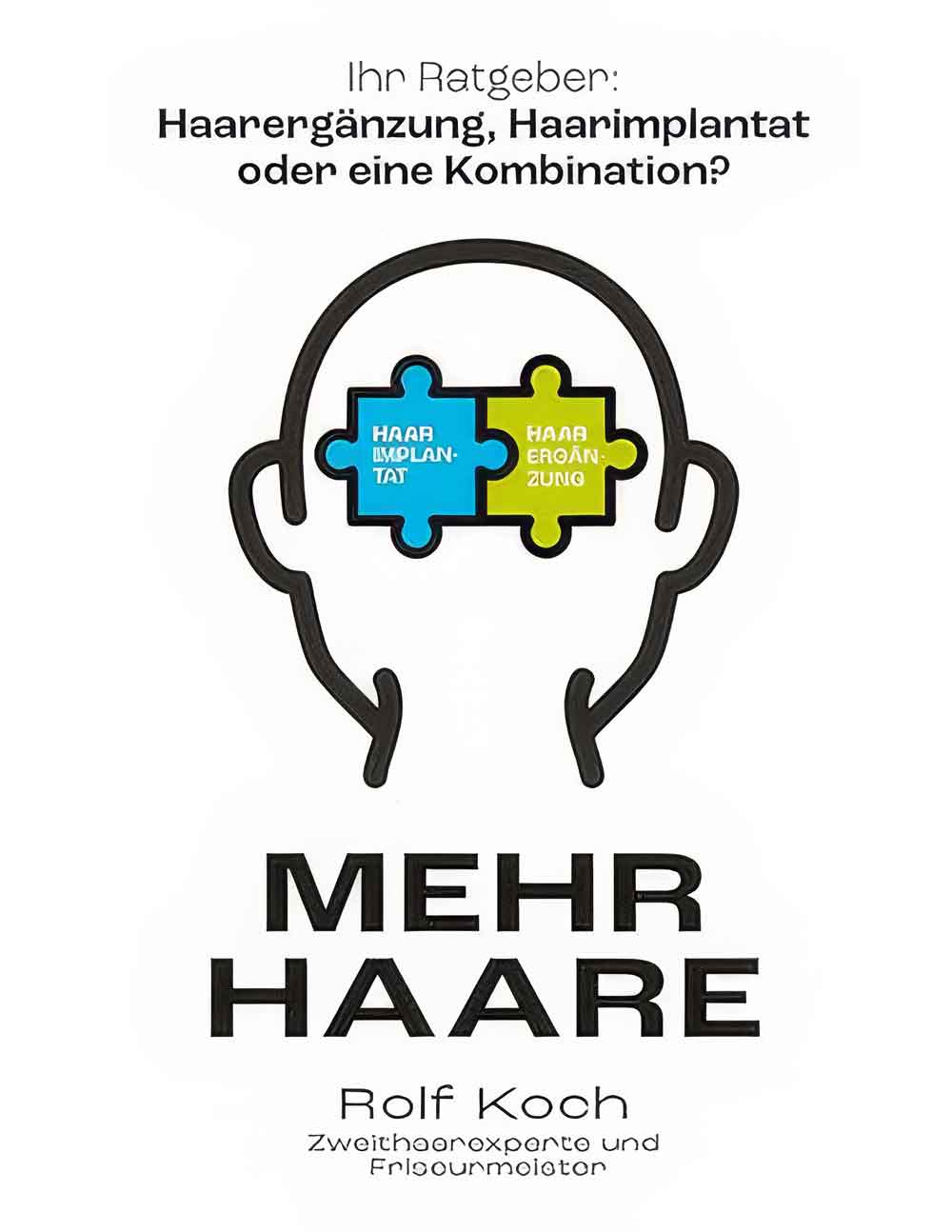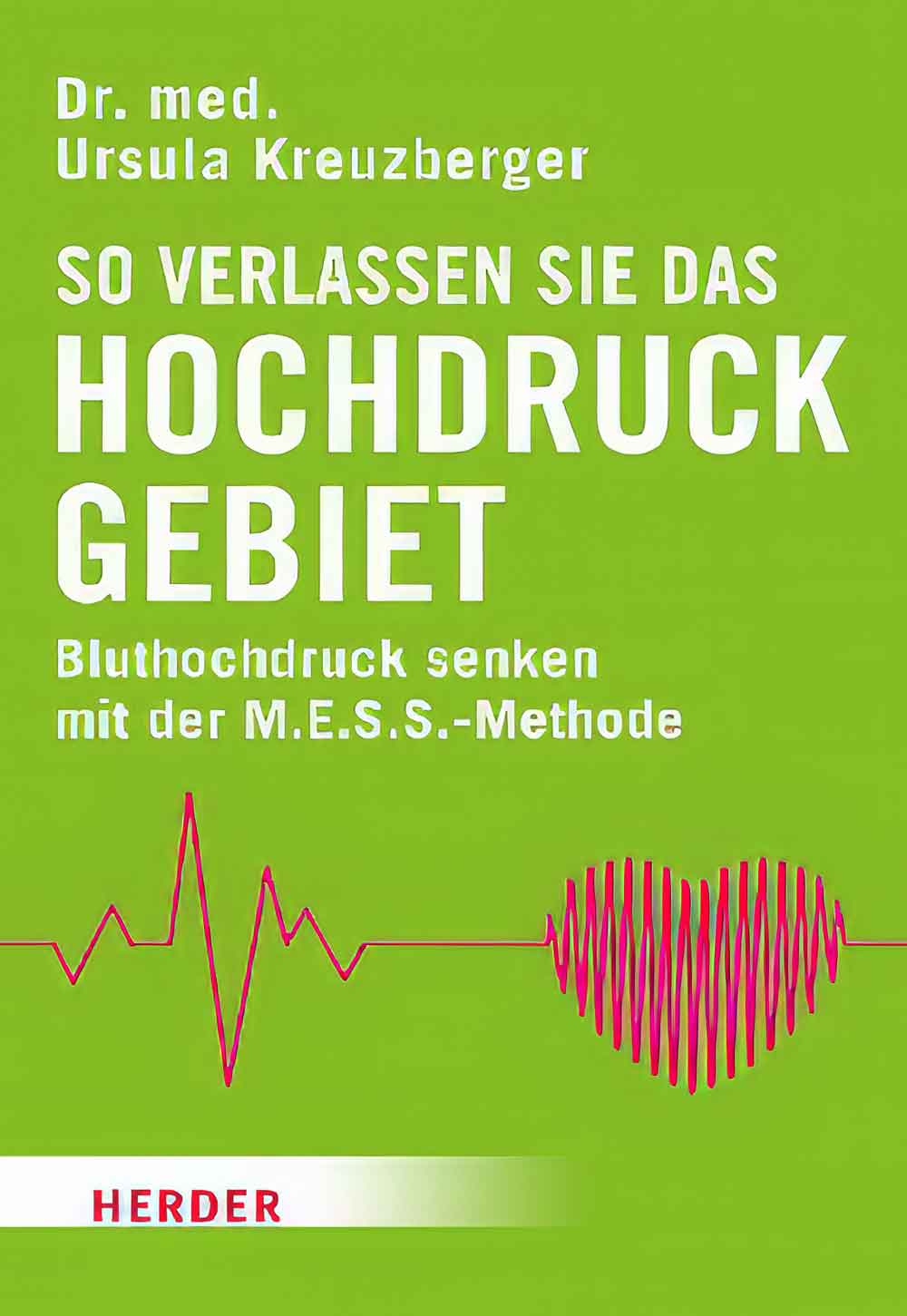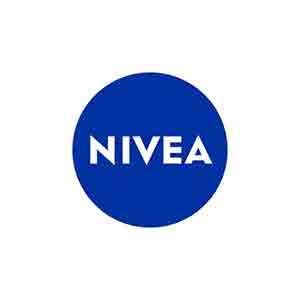New Study Shows Nic’s Keto Diet Improves Cardiovascular Health
- Examining the Efficacy of a Very-Low-Carbohydrate Ketogenic Diet on Cardiovascular Health in Adults with Mildly Elevated Low-Density Lipoprotein Cholesterol in an Open-Label Pilot Study
London, January 26, 2022
A recent peer-reviewed study, financed by TRCGEN+ and conducted by KGK Science, found that Nic’s Keto Diet could possibly be used as a strategy to mitigate Cardiovascular risks in individuals with mildly elevated LDL cholesterol.
Carbohydrate-restricted diets, such as the “keto” diet, have recently gained popularity as a means of losing weight. The ketogenic diet has many health benefits, most notably in terms of cardiovascular health. The study shows this diet does benefit individuals with mildly elevated LDL cholesterol or "bad" cholesterol.
The study showed that Nic’s Keto Diet (NKD), a ketogenic diet with a low carbohydrate intake, has improved cardiovascular health in adults with mildly elevated LDL cholesterol levels.
Dr. Nikolaos Tzenios’ s Nic’s Keto Diet (NKD) was tested on standard and overweight people with elevated LDL cholesterol levels to determine how it affected cardiovascular health indicators. High-quality fats provided most of the calories in this diet, composed of 5 percent carbohydrates, 25 percent protein, and 75 percent fat. The authors recommended a diet high in leafy and cruciferous vegetables, avocados, eggs, meat and seafood, and high-fat dairy products. Apart from that, they were advised to abstain from artificial sweeteners and limit their intake of berries, starchy vegetables, and low-fat dairy products. For 140 days, the weight, body fat percentage, blood pressure, glucose, and cholesterol levels of 14 participants with slightly elevated LDL levels in the NKD study were monitored.
This open-label study demonstrated that 140 days of Nic’s Ketogenic Diet significantly reduced Body Fat, Weight, BMI, Systolic Blood Pressure (SBP), and HbA1c and increased muscle mass in healthy participants with mildly elevated LDL-C levels. Significant increases in TC, LDL-C, and HDL-C were observed after 140 days, which may have been driven by various factors, including diet, genetics, and weight loss. This diet was found to be safe as assessed by AEs, clinical chemistry, hematology, heart rate, and ECG. The beneficial changes in body composition and clinically relevant changes in cardiometabolic markers suggest that VLCKD could possibly be used as a strategy to mitigate CVD risk.
A Few Remarks on the Author
Professor Doctor Nikolaos Tzenios, Ph. D., a tenured professor of Public Health, holds and is currently pursuing additional doctoral degrees and numerous postgraduate degrees and certificates, including prestigious certificate programs at Harvard, Stanford, and Sorbonne universities.
Prestigious institutions in medicine, politics, and social sciences have elected Professor Tzenios to academician, Fellow, and Member ranks.
Professor Tzenios has urged the next generation of scientists to develop mental toughness. “If the efforts match the will and desires, no valley or mountain can’t be crossed”, he states. “Never accept defeat, never take a no for an answer, and never give up because success is always possible.”
Prof. Nikolaos Tzenios is an Ambassador for the European Association for Cancer Research, a member of the Scientific Committee of the European Medical Association, the Executive Vice President of The World Academy of Medical Sciences, a Fellow of the Royal Society of Public Health, a Fellow of the Royal Society of Medicine, and a Fellow of the American Academy for Anti-Aging Medicine.
Dr. Tzenios is a member of the American Academy of Regenerative Medicine, The European Academy of Allergy and Clinical Immunology, The American Academy of Allergy, Asthma, and Immunology, The American Federation for Medical Research (AFM), and The Royal Society of Biology.







































 Gütsel RSS Feed
Gütsel RSS Feed


















































